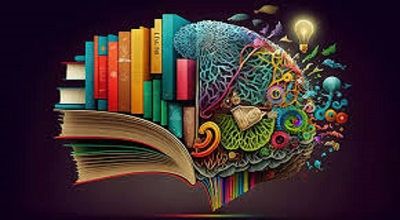Liberal Arts Education
A Liberal Arts Education is an approach to higher education that emphasizes a broad and well-rounded curriculum, focusing on a wide range of subjects across the humanities, social sciences, natural sciences, and the arts. The term “liberal arts” comes from the Latin word “liberalism.” Which means “worthy of a free person.” In this context, it refers to the idea that such an education is meant to cultivate an individual’s intellectual and personal development. Preparing them not just for specific careers but for a fulfilling and meaningful life as informed, thoughtful citizens.
Key features of a liberal arts education include:
- Breadth of Subjects: Liberal arts programs typically require students to take courses in various disciplines, including literature, history, philosophy, mathematics, natural sciences, social sciences, and the arts. This multidisciplinary approach encourages students to develop a well-rounded understanding of the world.
- Critical Thinking: Liberal arts education emphasizes critical thinking skills, encouraging students to analyze, evaluate, and synthesize information from diverse sources. This prepares them to approach complex problems with a thoughtful and analytical mindset.
- Communication Skills: Students in liberal arts programs often develop strong communication skills, both in writing and speaking. They learn to express their ideas clearly and persuasively, a valuable skill in many careers and aspects of life.
- Problem Solving: Liberal arts education promotes problem-solving abilities by encouraging students to think creatively and find innovative solutions to challenges.
- Ethical and Moral Considerations: Many liberal arts programs include discussions of ethics, morality, and social responsibility. These discussions help students develop a sense of ethics and values, contributing to their personal and civic development.
- Broad Perspective: By studying a wide range of subjects, students gain a broader perspective on the world, its history, cultures, and societies. This can lead to greater empathy, tolerance, and a deeper appreciation of diversity.
- Adaptability: The skills acquired in a liberal arts education are often transferable to various careers and situations. Graduates are prepared to adapt to changing circumstances and acquire new skills as needed.
Final words
Liberal arts colleges and universities typically offer Bachelor of Arts (BA) or Bachelor of Science (BS) degrees with a strong foundation in liberal arts courses. Some people question the practicality of a liberal arts education in today’s job market. Proponents argue that the skills and knowledge gained in such programs are highly valuable in a rapidly changing world. As they prepare individuals to think critically, communicate effectively, and adapt to a variety of professional and personal challenges.
